'Are Snakes Necessary?' by Brian De Palma and Susan Lehman
plus 'First Love' by Joyce Carol Oates and meaningless statistics!
I don’t want to be a trash-talker or naysayer, but man oh man did I think Are Snakes Necessary? by Brian de Palma and Susan Lehman was an awful mess.
Now certainly it’s the job of a critic to be, well, critical, but it’s also my intention with this book club to actively encourage people to read, to read widely, and to read often. It isn’t my job to yuck people’s yum or to tear down the hard-working writers of the world.
That being said, this is a book by, in part, one of the most iconoclastic film directors of the 70s and 80s — whatever I write here will in no way impact the man, his career, or even the viability of a novel that was published half a decade ago.
Here’s the thing: a novel is a delicate machine and each moving part of that machine must fit neatly in its nested clockwork insides and work together toward the novel’s purpose. Each moving part — every character, every conversation, every plot beat and narrative description and convenient outside action — needs to work in tandem to get the novel from point A to point B. Any extra cogs complicate that already complicated machinery, working at odds with the mechanism’s intended function.
To give another metaphor: if each part doesn’t help the book move cleanly forward, the waters are muddied.
Are Snakes Necessary? contains a lot of moving parts; it is super muddy. No less than ten POV characters, each with their own subplots, main plots, and intended plot arcs. In a novel of just under 240 pages, most of those characters had very little chance of contributing to the machinery of the book in meaningful ways, let alone for their cogs to complete their necessary turns. Some of these characters don’t find resolution in any meaningful way, which means that they were never needed for the central thrust of the novel or its conclusion.
Characters aside, there is the tricky (and tacky) matter of individual unneeded scenes — moments of the book that are meant to titillate but don’t provide actual momentum or meaning to the book; one whole character and her death seem superfluous to the narrative, which means every scene in which she features clogs the gears of the thing.
This book is trashy only to celebrate trashiness — a sort of ‘embrace the worst instinct’ mentality. This might be that the writers want it to be a Hard Case-appropriate pulp or to luxuriate in De Palma’s somewhat legitimized reputation of elevating over-the-top sleaze in his films. But the use of the phrase, during a sex scene, of “very choice pu**y is fucking abysmal.
So, no, I’m not in the habit of being extremely negative in my approach to examining books (particularly books outside my general vibe), but I winced while reading this book; each time I picked it up was an effort despite being what should have been a quick read. ★☆☆☆☆
There is a sequence near the end of First Love where two little girls are walking hand-in-hand through the snow, and it was the most horrified I was while reading anything in 2024.
Set in a moldering old house on the banks of the Cassadaga in upstate New York, there is something undeniably Southern Gothic about First Love regardless of locale — a sort of dusty, muddy childhood being looked down upon by prim and proper adults. A class divide mentality runs underneath everything, and there is a lot of insinuation about the impropriety of children.
The book is only 80-odd pages long, and somehow I felt buried in it, oppressed by it in that way that only gripping, can’t-look-away narratives can oppress (I read it in a couple of sittings, largely so I could take deep breaths in between). It’s got some grim subject matter: an incestuous relationship between an adult and a preteen drives the novella, and the book makes sure the reader understands the gothic, bloody horror of the thing even as the narrator goes about imagining otherwise.
The book employs one of my favorite narrative tricks: it is a first-person narrative that switches POVs to signify a shift in personal reality. That is to say, the novel features an ‘I’ relating the events of her life, but features a ‘you’ who undergoes moments of revulsion and horror. It’s the literary equivalent of emotional repression, and it never fails to astound me when used well.
It’s a small, fairy-tale-like book. It feels like so much more. ★★★⯨☆
Stats That Are Unexciting to Everyone But Me
I love meaningless stats about my habits and hobbies. I love facts and figures, graphs, and tier lists, even though they mean little and are immediately forgotten as soon as I look at them.
For example: this year I reviewed just under a hundred things for AIPT, and since there isn’t a handy graph or table to see those anywhere, I made myself a silly and meaningless little graphic:
That’s 98 comic books, graphic novels, and video games for the year. That’s probably around a staggering 58,000 - 100,000 words published (and god knows how many written and deleted) over the year. That’s a number to be proud of (though it does not approach the amount generated by some of my contemporaries on the site).
I didn’t make a similar graphic for the books I wrote about for Publisher’s Weekly, but I do know that there were eighteen of them and they were nearly all books about bands or musicians I had never listened to with any seriousness. Informative all but by no means required reading.
I use Storygraph rather than any of the half-dozen other book-tracking apps specifically because they provide the meaningless facts and figures I so crave. One thing I’ve realized is that the last few years have been pretty slowgoing in terms of my reading — the span between wrapping up school and committing time to Never News didn’t see me reading all that much. I’ve read more in November and December than in any of the 24 months preceding.
There’s a correlation between how much I was reading and how little creative writing I was producing — and the sudden boom in the last couple of months — but that’s the subject for a later essay.
Out of all the graphs available on Storygraph, this is the most hilarious:
I was a bummer all year long.





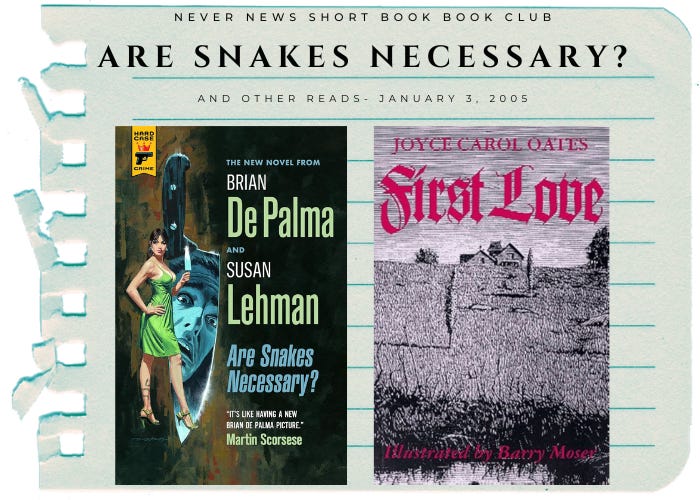
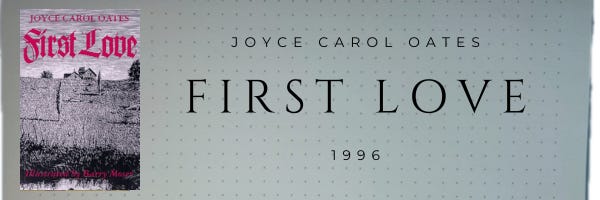
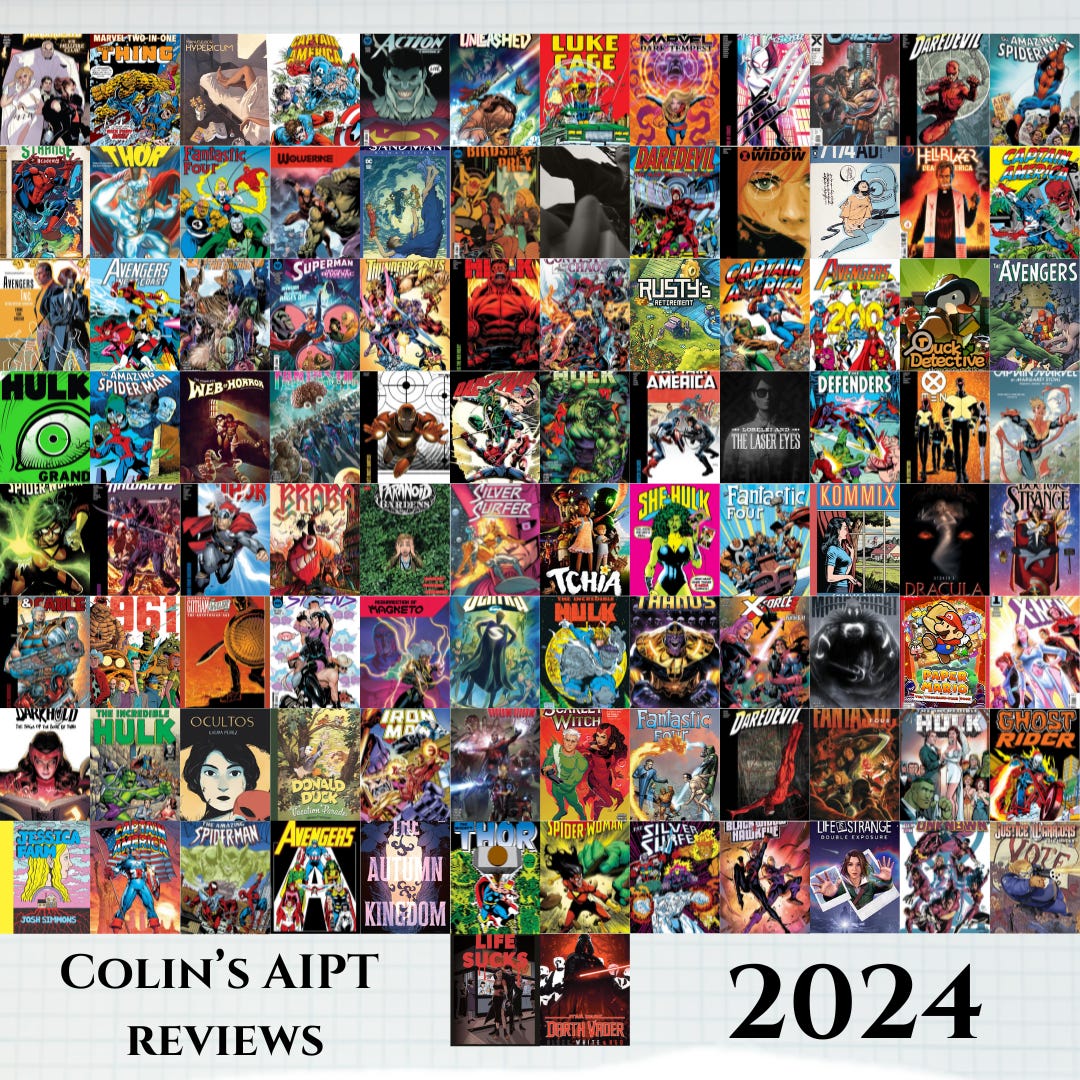
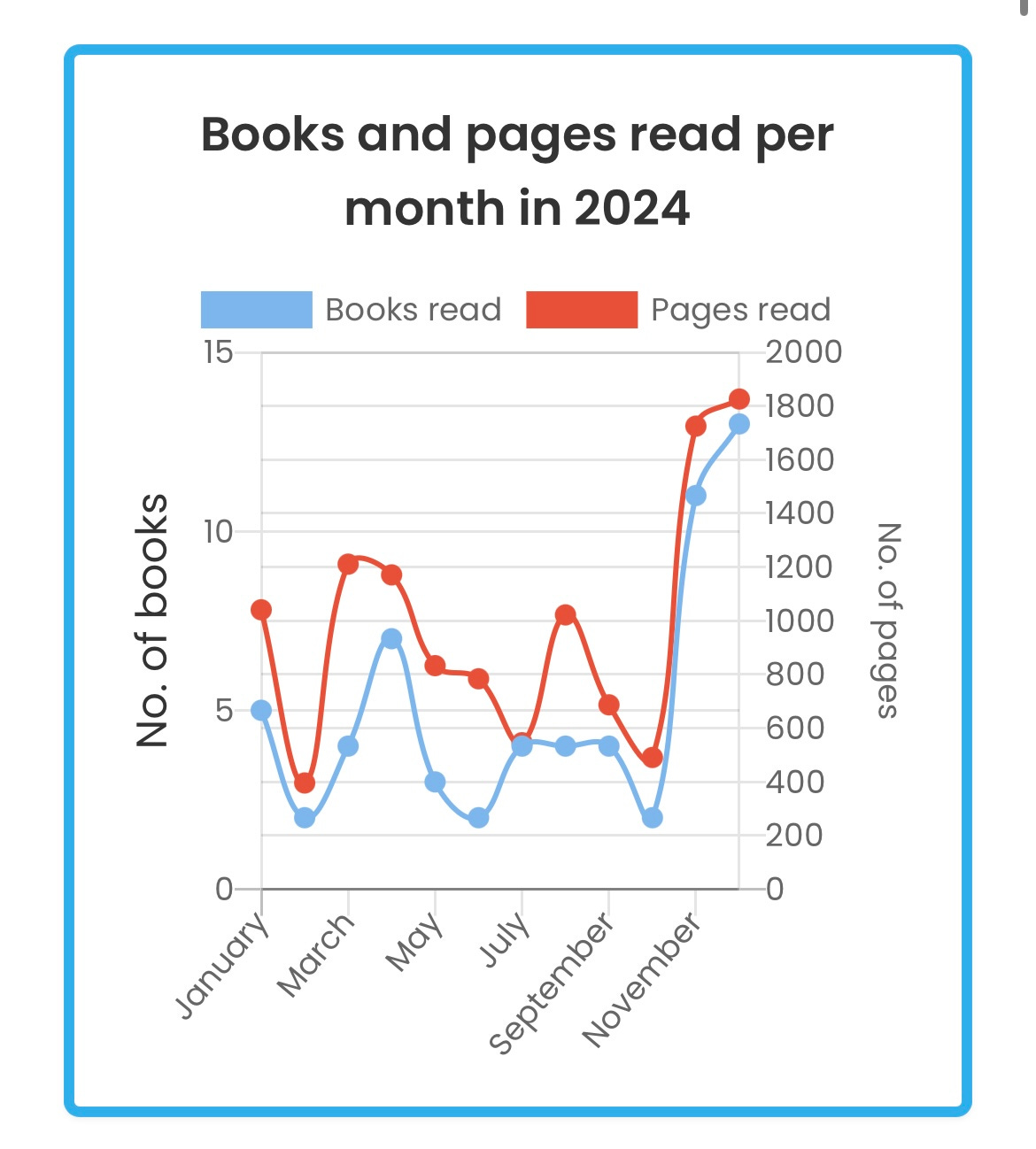
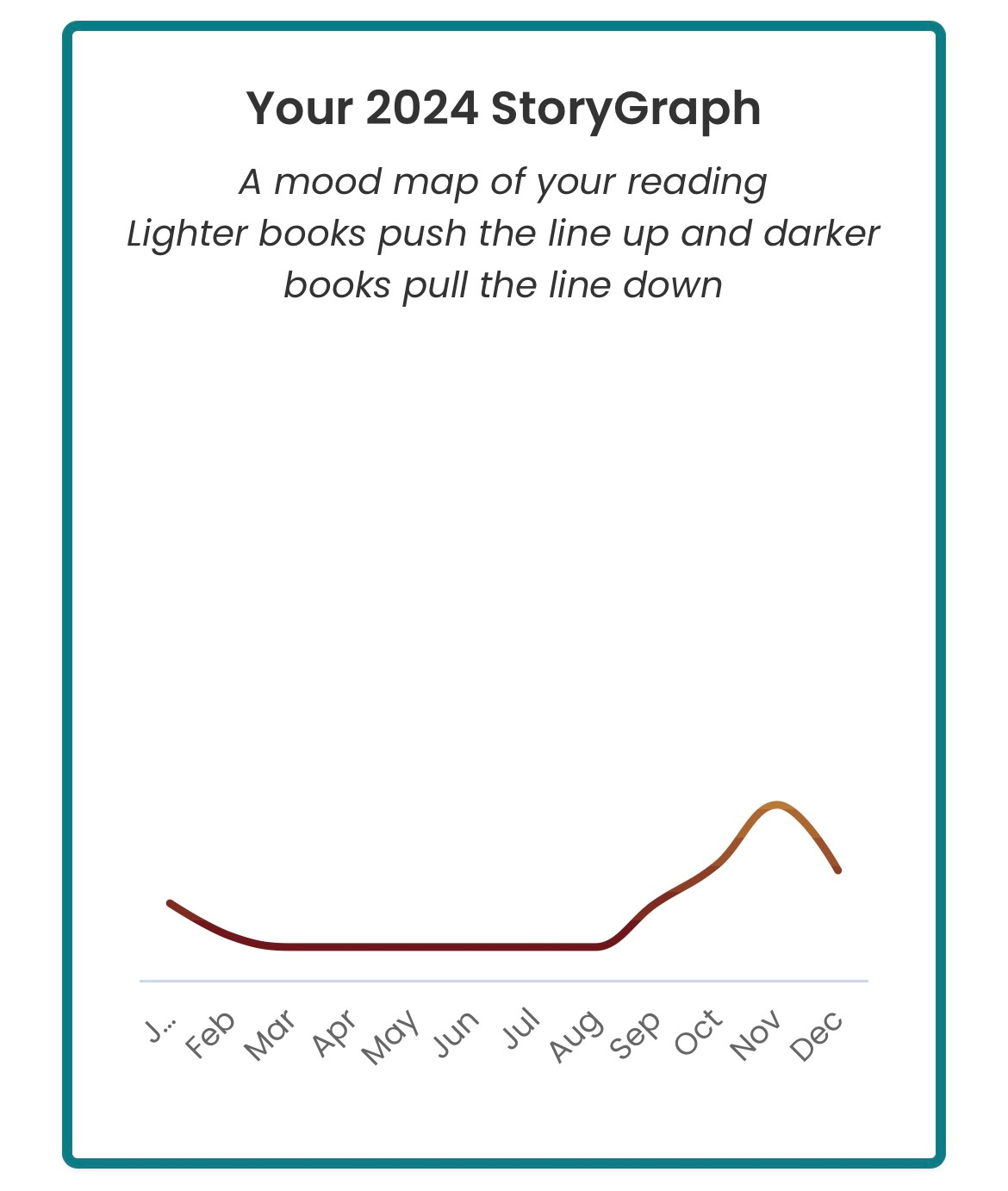
Hey love how you finished -- a good ending always overshadows a bumpy middle, no matter what you're talking about. Bummed but not shocked on this De Palma book. The appeal of his best films for me always lies in the audio/visual filmmaking mastery and less in the writing.
Well, your mood did come up in the fall~ right? I might skip the De Palma book!